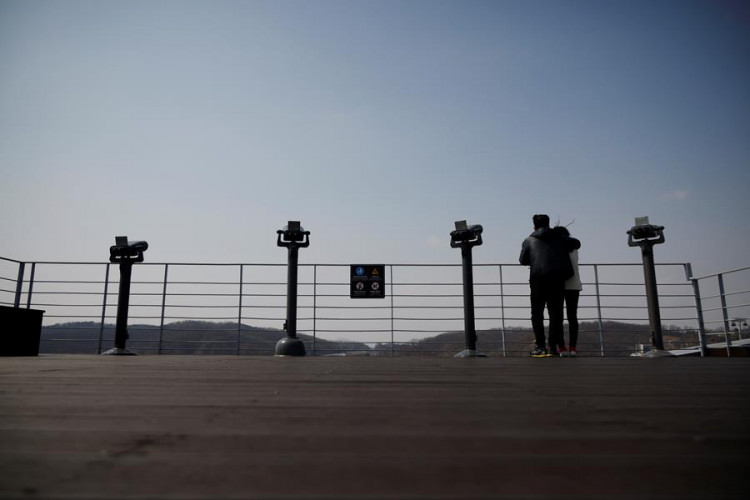Amid a national crisis and a reported spike in deaths from starvation, the major North Korean state paper Rodong Sinmun has cautioned that relying on external aid to cope with food shortages would be the same as swallowing "poisoned candy."
On Wednesday, the Rodong Sinmun published an editorial calling for economic independence and warning against accepting economic assistance from "imperialists" that use aid as a "trap to plunder and subjugate" recipient countries and interfere with their internal affairs.
"It is a mistake to try to boost the economy by accepting and eating this poisoned candy," the Workers' party paper said.
Natural catastrophes, international sanctions aimed at restraining its nuclear and missile programs, and a severe decrease in commerce with China owing to border closures and COVID-19 lockdowns have all contributed to food shortages in North Korea in recent years.
The unification ministry of South Korea, which deals with inter-Korean matters, reported on Tuesday that there appears to have been an "Food production dropped from last year, and there is a possibility of distribution issues due to a change in their food supply and distribution policy," a ministry official told reporters.
China is one of the few remaining sources of external food assistance now that most UN organizations and western relief groups have left North Korea.
With high summer rains and other climatic conditions, the rural development agency of South Korea predicted in December that North Korean grain production had dropped by 3.8% from 2021.
By this criteria, food availability is at its worst level in North Korea since the famine of the 1990s, according to a study conducted by 38North.org. The number of deaths during this time period is estimated to be in the hundreds of thousands.
Kwon Young-se, the South's unification minister, has indicated that Pyongyang requested aid from the World Food Programme, the United Nations' food agency, but that progress was stalled due to differences over monitoring concerns.
More than 40% of North Korea's population, or 10.7 million people, were undernourished in 2022, according to the World Food Program. Since last year, agricultural output has decreased due to climate-related calamities such as droughts, floods, typhoons, and heatwaves, therefore this amount has certainly increased.
Reports indicate that food security has also been compromised by the decision to close borders and isolate North Korea in the wake of the COVID-19 pandemic.






